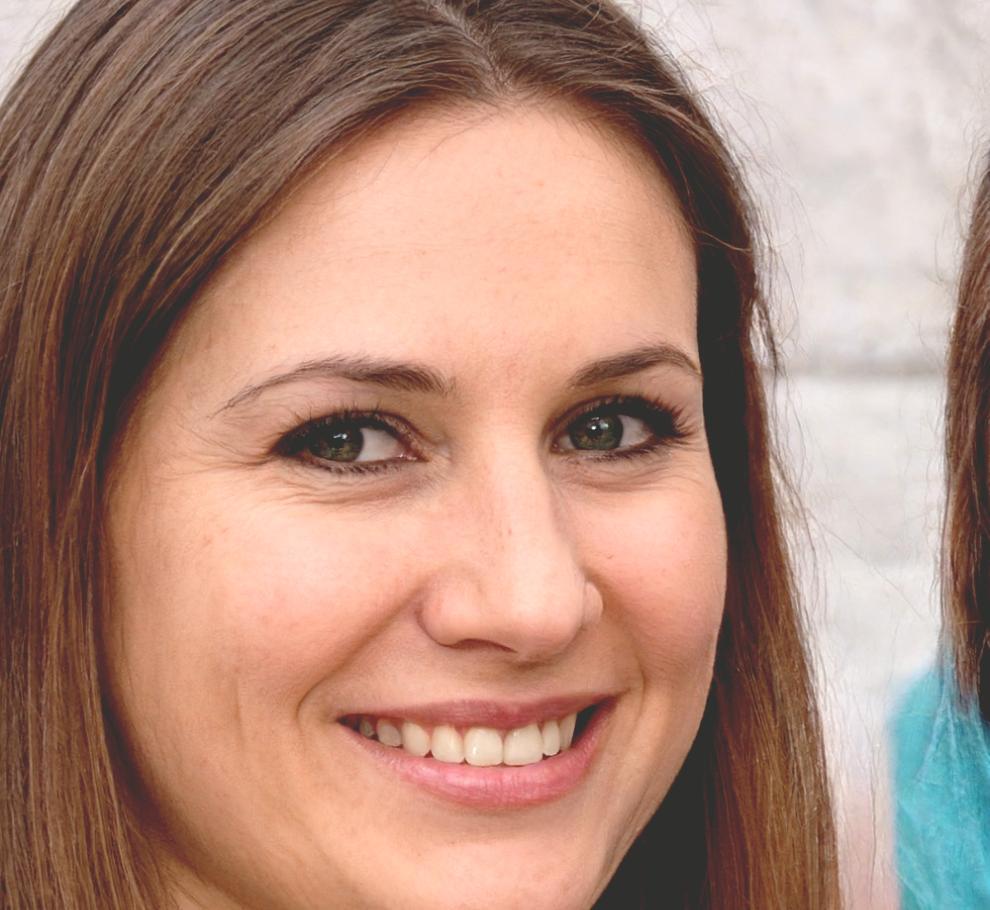Ready to Master Financial Analysis?
Before diving into complex financial statements and market dynamics, let's ensure you're equipped with the right mindset and preparation for success in this challenging field.
Assess Your Learning Readiness
Financial statement analysis demands dedication, analytical thinking, and consistent practice. Here's what successful students typically bring to their studies:
-
Mathematical Comfort: You don't need to be a math genius, but basic arithmetic and percentage calculations should feel natural to you.
-
Detail Orientation: Financial analysis requires patience with numbers and the ability to spot patterns in complex data sets.
-
Time Commitment: Plan for 8-12 hours weekly study time over the next 6-8 months for comprehensive understanding.
-
Curiosity About Business: The best analysts genuinely want to understand how companies operate and generate value.
Your Learning Journey Roadmap
Understanding financial statements isn't achieved overnight. Here's the typical progression our students experience as they develop their analytical skills.
Foundation Building
Months 1-2: Establishing core concepts and terminology
- Learn accounting fundamentals
- Understand statement structures
- Practice basic ratio calculations
- Build confidence with numbers
Skill Development
Months 3-5: Applying analytical techniques to real companies
- Advanced ratio analysis
- Trend identification
- Industry comparisons
- Red flag recognition
Mastery Phase
Months 6-8: Developing professional-level insights
- Complex case studies
- Valuation techniques
- Predictive modeling
- Independent analysis
Learning From Experience
Meet two of our recent graduates who discovered that preparation and mindset were just as important as the technical skills they developed.

Priya Nakamura
Corporate Finance Analyst
I almost gave up after the first month because the material seemed overwhelming. But once I accepted that mastery takes time and started celebrating small wins, everything clicked. The key was consistent daily practice, even if just for 30 minutes.

Marcus Chen
Investment Research Associate
Coming from a non-finance background, I was intimidated by the technical aspects. What helped was connecting every concept to real companies I knew. Instead of just memorizing formulas, I analyzed businesses I was genuinely curious about.